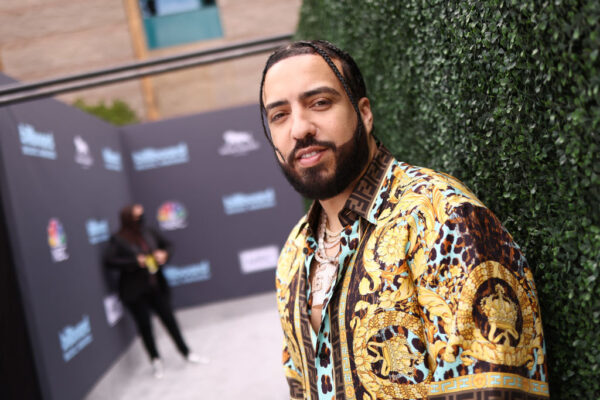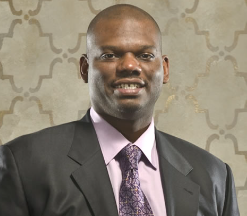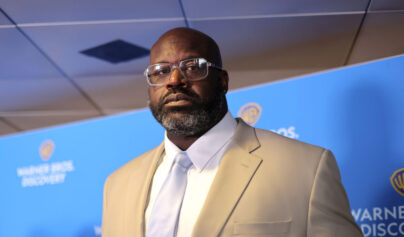In the last decade, the music industry has seen more and more artists lean towards the independent route. The idea was to pocket more of the money they make from streaming royalties, and performances as opposed to distributing a large percentage to a major record label. But somehow, some way, labels have still managed to profit off today’s artists including the dead.

Bronx native French Montana discussed this matter and more during a recent appearance on DJ Akademik’s “Off the Record” podcast. The “Unforgettable” rapper rose to fame during the early 2010s, when beefs between rappers often resulted in shootings. Many recall the infamous shootout between former enemies 50 Cent and The Game outside of Hot 97 radio station in 2005. Montana claims labels are now taking out life insurance policies on their drill rappers in anticipation of their fatal deaths.
There has been an increase in murder of drill rappers across the country, so much so New York City Mayor Eric Adams wants to crack down on drill rap. Drill is a style of trap music that originated in Chicago streets in the late 2000s and often have lyrics that talk about shootings (drilling) and murders.
In June, French Montana and Adams met to discuss the recent rap killings and how the rap community could work with the city to stop the violence. Adams and Montana even partied together on Father’s Day.
“We was beefing for real. People was like dying and this and that, and it was blocking a lot of money. People didn’t want to touch you,” he recalled. “Somebody get shot, your rap friends stop picking up, the labels stop picking up. It gets crazy. But now it’s even crazier because they gettin’ life insurance on artists.”
Montana agreed with Akademiks when he questioned if labels were signing artists in “good faith” when taking out life insurance policies on them. But he also agreed labels were being realistic in doing so.
“At least back then, we didn’t have that,” Montana continued. “You’re praying on his death. You’re praying on making millions on his death.” He added, “You’re supposed to have life insurance anyway, but when the label does it … if you don’t have one that’s crazy.”
In another clip from the interview, Montana admitted he’s lived through various music eras but calls today’s hip-hop scene “more dangerous.”
“It’s more dangerous now because it’s easier to get caught. Social media wasn’t as heavy. Remember, we was doing DVDs, so when we was beefing we was capitalizing off it at the same time,” he told Akademiks. “You would see the commercial for the new DVD coming out next month. Nowadays, the first outlet get it … it’s out there and it’s retaliation.”
Montana mentioned how quickly today’s rap beefs escalate in a day compared to past years when feuds would heighten over months. He blames it all on the emergence of video platforms like YouTube and WorldStar.
There’s a longstanding history of rappers feuding through their music, which sometimes spills over into real life. The high-profile killings of Trouble, King Von, Young Dolph, Drakeo the Druler, Nipsey Hussle, Slim 400, and others have presumably sparked a debate about artists’ longevity in hip-hop.
For example, drill music, a popular subgenre of rap, is often linked to guns and gang culture. According to local police and various media outlets, the genre often reflects a negative connotation due to the violence described in controversial lyrics.
The drill music scene has evolved over the years thanks to artists such as late rapper Pop Smoke. He was one of Brooklyn’s most successful drill rappers before he was shot and killed in February 2020.
The violence against drill rappers has also expanded from NYC to cities in the United Kingdom. An 18-year-old London rapper, Dimzordimma, was stabbed to death this year in North London after being chased with a machete.




